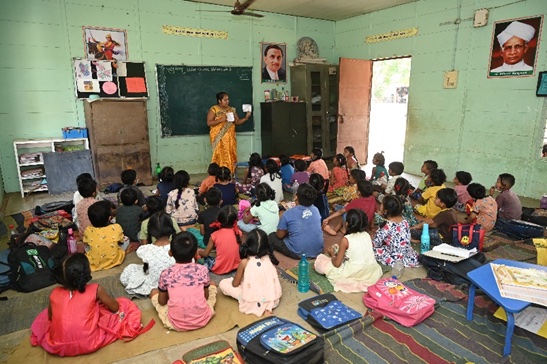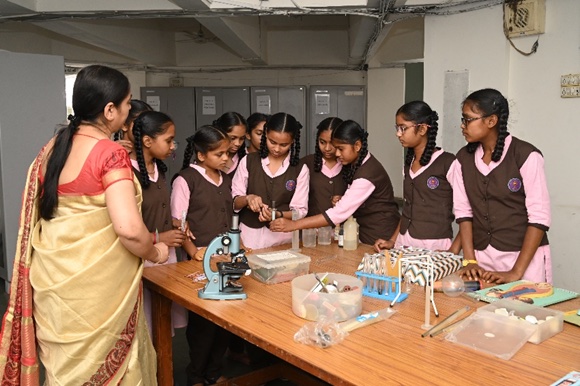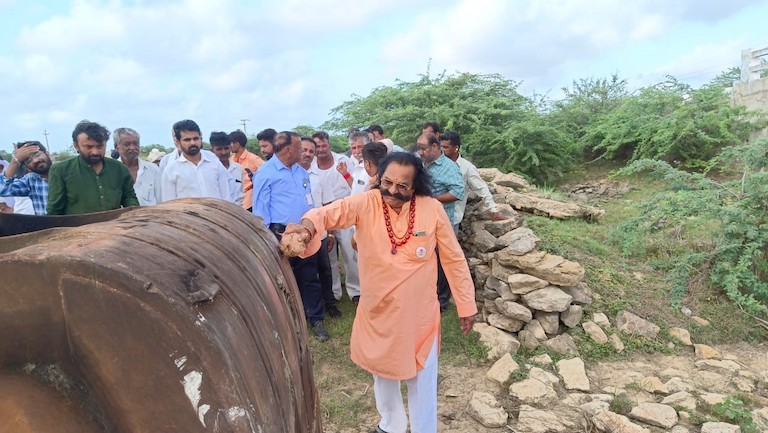India is a melting pot for ethnic diversities. There is no one ‘Indian culture.’ However, no matter the differences in these cultures, they are all integrated into the fabric of India. One of the tools that enable this kind of integration is education.
In order to ensure the accessibility of education in remote areas, Atul Foundation has been running a series of projects for all age groups of children and youth, with special attention to the tribal community residing in the interior villages of South Gujarat. These projects educate and empower the youth, making a difference in their lives and thereby contributing to the region’s overall development.
Atul Adhyapika Project
Atul Foundation realised the need to spread education in tribal and interior villages in a way that blends well with people, their culture and their lifestyle. Thus, the Atul Adhyapika project came into existence. Under this project, the organisation identifies and trains academically qualified individuals to be ‘Adhyapikas’ (teachers). They belong to the same village or from nearby villages, hence have a stake in the development of the village and educating the children of those villages by being a part of the same ecosystem.

The project has been a resounding success as the quality and system of education of 72 government, and informal schools have been enhanced by introducing a more practical syllabus that ensures joyful learning.
Dipika Patel, an Atul Adhyapika teaching in Dulsad Primary School for the last five years, shares, “Children belonging to the tribal community sometimes find it difficult to grasp certain concepts due to differences in the dialect or language. We introduce concepts through flashcards and worksheets that make learning an easy and wholesome experience.” Activity-based learning practised by Atul Adhyapikas has resulted in a significant increase in admissions in government schools.
High school education



